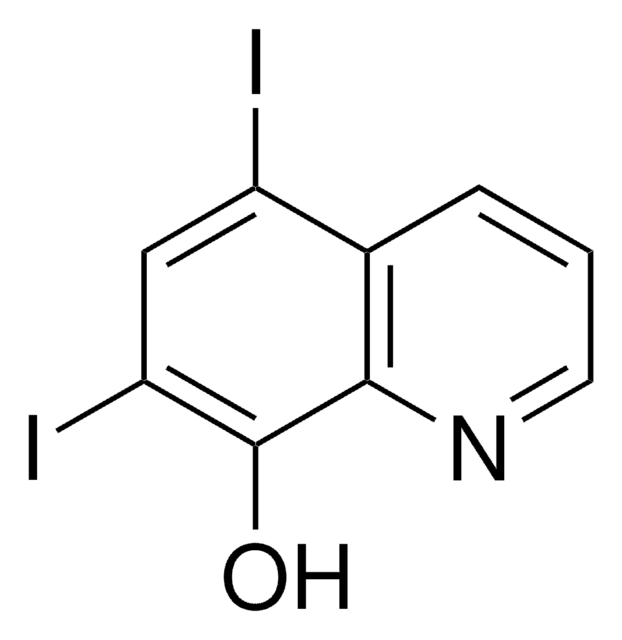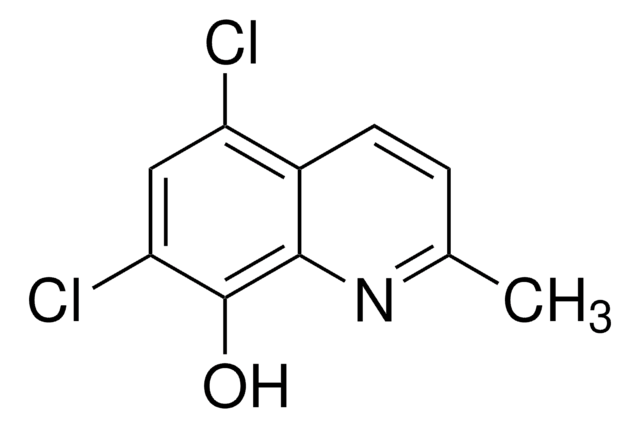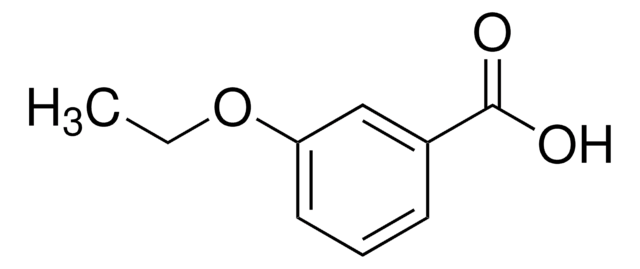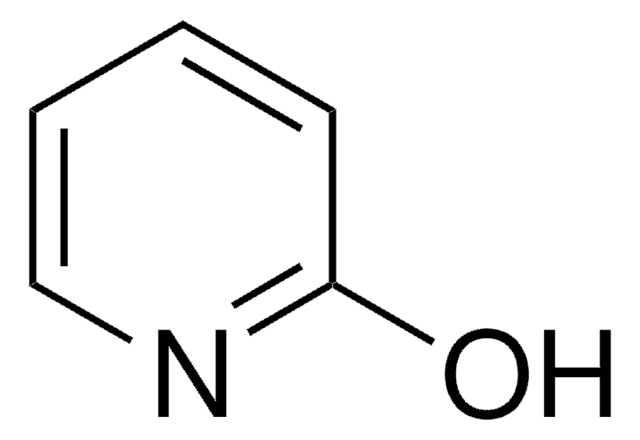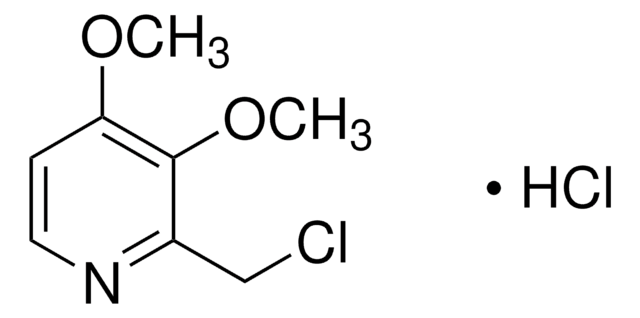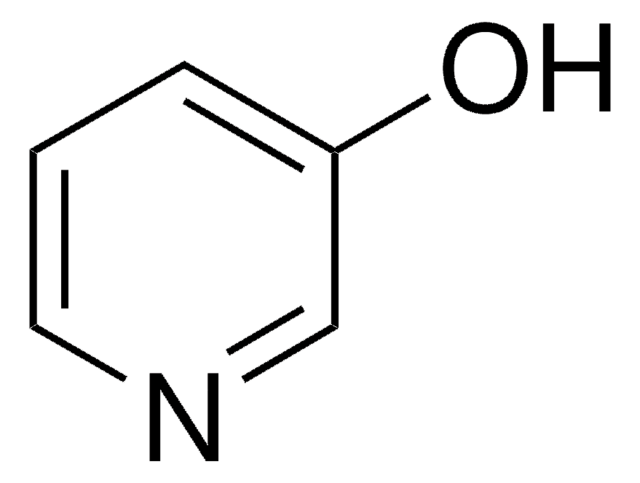147494
2-Ethoxybenzoic acid
98%
Synonym(s):
O-Ethylsalicylic acid
About This Item
Recommended Products
Quality Level
Assay
98%
form
solid
refractive index
n20/D 1.54 (lit.)
bp
174-176 °C/15 mmHg (lit.)
mp
19.3-19.5 °C (lit.)
solubility
95% ethanol: soluble 5%, clear, colorless to yellow
density
1.105 g/mL at 25 °C (lit.)
functional group
carboxylic acid
SMILES string
CCOc1ccccc1C(O)=O
InChI
1S/C9H10O3/c1-2-12-8-6-4-3-5-7(8)9(10)11/h3-6H,2H2,1H3,(H,10,11)
InChI key
XDZMPRGFOOFSBL-UHFFFAOYSA-N
Looking for similar products? Visit Product Comparison Guide
General description
Application
Signal Word
Warning
Hazard Statements
Precautionary Statements
Hazard Classifications
Acute Tox. 4 Oral - Eye Irrit. 2
Storage Class Code
10 - Combustible liquids
WGK
WGK 3
Flash Point(F)
209.5 °F - closed cup
Flash Point(C)
98.6 °C - closed cup
Personal Protective Equipment
Choose from one of the most recent versions:
Already Own This Product?
Find documentation for the products that you have recently purchased in the Document Library.
Customers Also Viewed
Our team of scientists has experience in all areas of research including Life Science, Material Science, Chemical Synthesis, Chromatography, Analytical and many others.
Contact Technical Service

